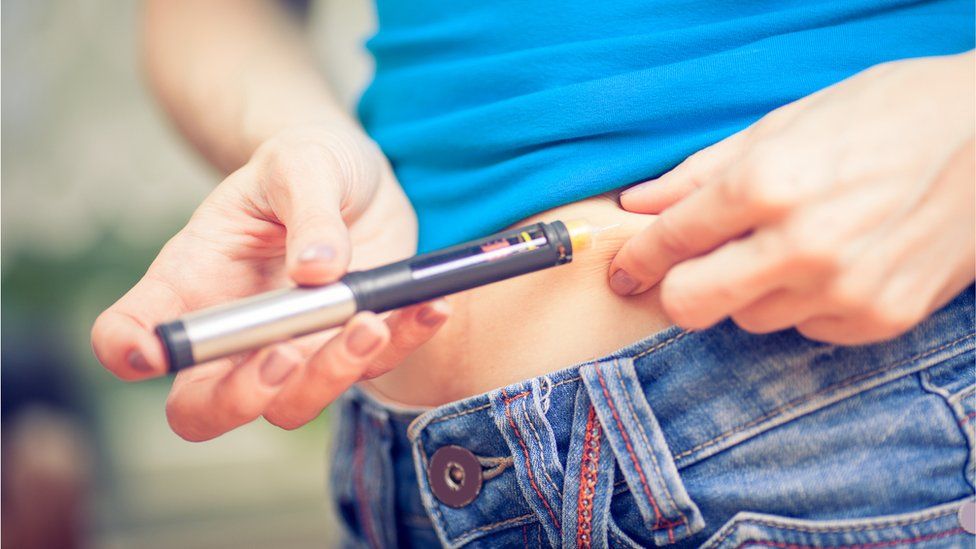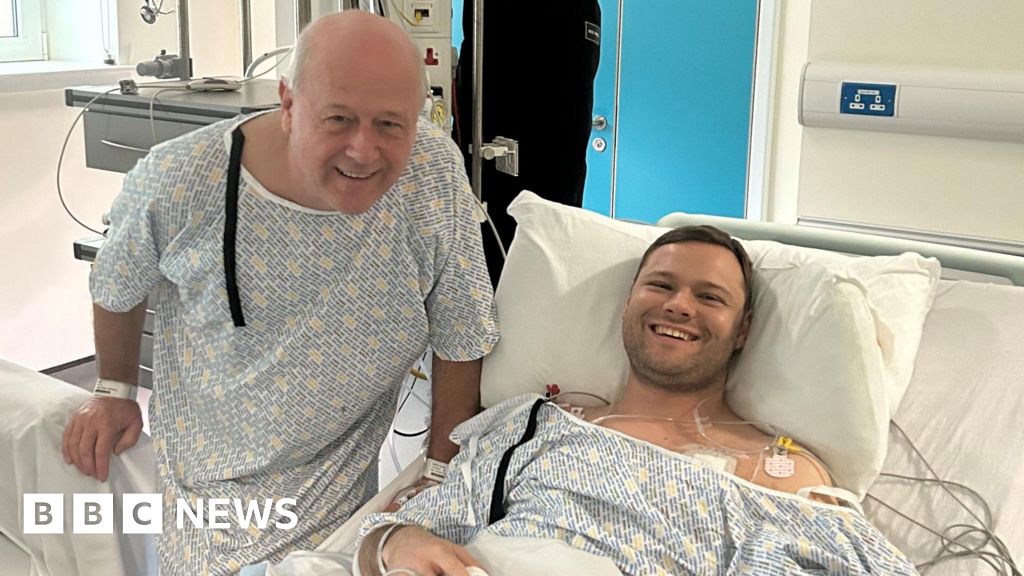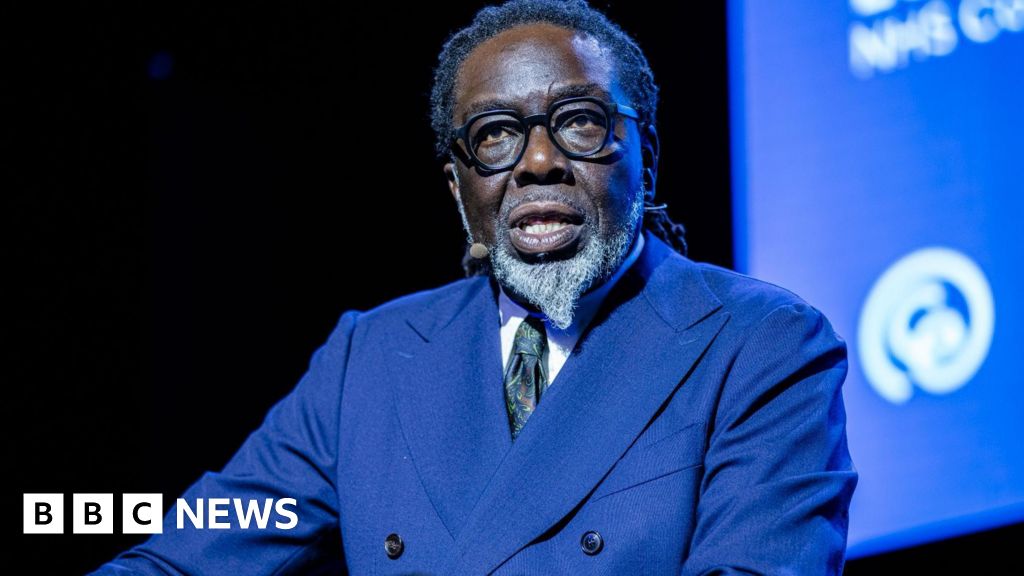ARTICLE AD BOX
 Image source, Getty Images
Image source, Getty Images
By Michelle Roberts
Digital health editor
There has been an unusual rise in the number of children and teenagers around the world diagnosed with type 1 diabetes since Covid, say researchers.
A new study in JAMA Network Open journal has collated available data from different countries, including the UK, on more than 38,000 young people diagnosed during the pandemic.
The authors describe the increase in cases of diabetes as "substantial".
More work is needed to understand why the rise is happening, they say.
Some of the rise could be attributed to catch-up - from backlogs and delays when health services were shut - but does not explain all of the newly diagnosed cases, say scientists.
Before the pandemic, the incidence rate of childhood type 1 diabetes was already increasing - by about 3% a year.
- there was a 14% rise in the rate during the first year of the pandemic, compared to before Covid
- in the second year of Covid, the rate was up about 27% on pre-pandemic levels
Researchers from the University of Toronto say, regardless of the cause, more resources and support may be needed for the growing number of children and adolescents affected by type 1 diabetes.
What is type 1 diabetes?
- People with the condition have to closely monitor their blood sugar level and take insulin to control it because their body cannot do this automatically
- That is because insulin-producing cells in the pancreas are mistakenly destroyed by the body's immune system
- It occurs in children and adults, but the causes are not fully known and there is currently no cure
What's behind the rise?
Experts say it is unclear what has triggered the surge in cases, but there are some theories.
One such theory, is that Covid can trigger a reaction in some children which increases the risk of diabetes. But among the studies looking for this type of autoimmune reaction - where the body starts to attack some of its own healthy cells - not all have found evidence to support this theory.
Another hypothesis is that exposure to some germs in childhood can help guard against a number of conditions, including diabetes. Some scientists believe it is possible that lockdowns and physical distancing during Covid meant many children did not get sufficient exposure to germs and missed out on this additional protection.
Hilary Nathan, Policy Director at type 1 diabetes charity JDRFUK, said: "This research reflects a life-changing reality for so many families here in the UK."
She urged people to look out for the symptoms of type 1 diabetes: tiredness, thirst, needing to go to the toilet to urinate more often, and weight loss or increasing thinness - collectively known as the four Ts.
"Knowing these signs and getting an early diagnosis and swift treatment can be life-saving," she said.
Theo, pictured with his mum Jo, controls his diabetes using an insulin pump
Theo, now 9, was diagnosed with type 1 diabetes a year ago. It happened just a few months after he caught Covid. His mum, Jo, says it came as a shock: "I didn't know anything about diabetes.
"I thought it was a misdiagnosis because he wasn't poorly with it. We're very lucky that we caught it early.
"You're trying to process that your child's going through this. You're being taught all this scientific facts about the condition...to keep them alive. If you don't do it, you know, there's severe consequences to it."
Theo, who lives in Sheffield, now has an insulin pump and is managing his diabetes well.
Dr Faye Riley, from Diabetes UK, said: "Research worldwide has identified higher than expected numbers of diabetes diagnoses in the wake of the Covid-19 pandemic. This study adds to the evidence.
"Future studies that examine longer-term trends will be important to disentangle the impact of the pandemic from natural fluctuations in incidence of type 1 over time, as well as establishing the range of factors that could be behind any apparent rise."
Related Internet Links
The BBC is not responsible for the content of external sites.

 1 year ago
42
1 year ago
42








 English (US) ·
English (US) ·